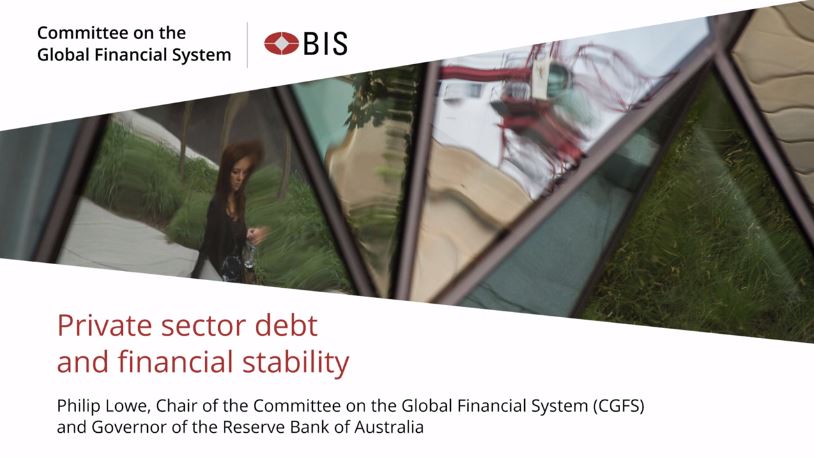The Solvency II review – Cooperation platforms and low risk undertakings and groups (Part 2)
Following changes in 2019 in the Solvency II directive, EIOPA has the power to set up and coordinate collaboration platforms to enhance collaboration between the relevant supervisory authorities where a (re)insurance undertaking carries out, or intends to carry out, cross-border activities based on the freedom to provide services or the freedom of establishment. For these platforms, the criterium is not significant cross-border activity from the point of view of the home supervisor, but relevance to the host Member State market. Around ten of these platforms have been set up since then. However, in several cases, according to the European Commission, supervisors have failed to reach a common view on how to address issues related to such cross-border business. Hence, the European Commission proposes to further enhance EIOPA’s role: the home supervisor must inform EIOPA and the relevant host supervisors if it identifies deteriorating financial conditions or other emerging risks which may have a cross-border effect. The host supervisor may notify EIOPA and the home supervisor if it has serious consumer protection concerns. The idea is to find a bilateral solution between home and host supervisors while EIOPA stands ready on the side Will that work? This is part two of Lieve Lowet’s latest blog on Solvency II (see related items for part 1). Continue reading…







